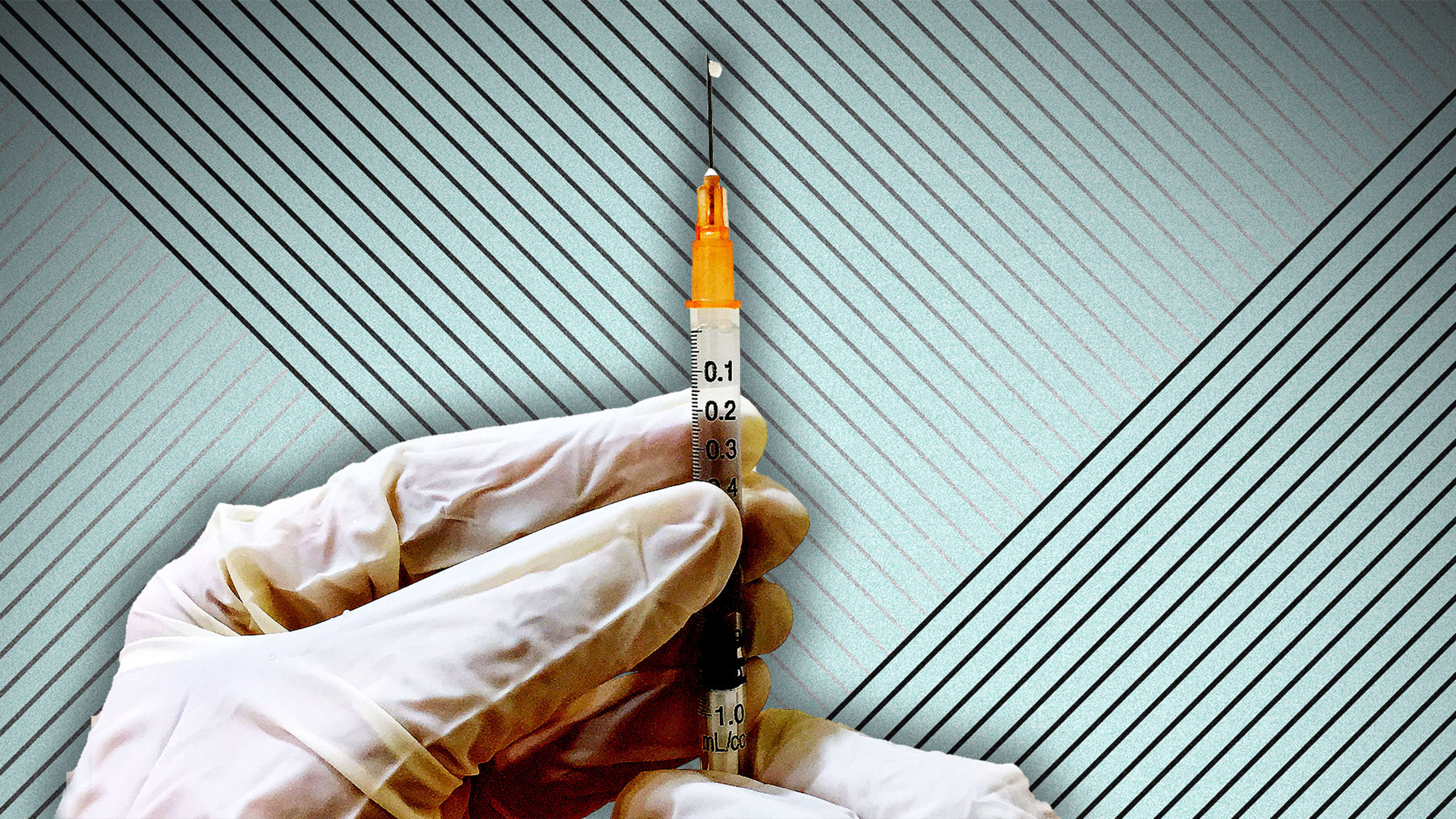Despite a slow start to U.S. vaccinations, there was good news abroad this week as the United Kingdom gave emergency-use authorization to the COVID-19 vaccine produced by AstraZeneca and the University of Oxford. Meanwhile in China, the state-backed drugmaker Sinopharm reported nearly 80% efficacy for its own vaccine candidate, following an interim analysis of Phase 3 clinical trials.
The two announcements provide a welcome shot in the arm for global health efforts amid reports of a new mutation of the coronavirus that was discovered in the U.K. and has begun spreading in the U.S.
Experts are particularly hopeful for the Oxford-AstraZeneca vaccine. It’s cheaper and more robust than similar offerings from Pfizer and Moderna, which are more effective but must be stored and shipped in ultra-cold freezers. The Oxford vaccine, while only 62% effective in clinical trials, can be easily shipped worldwide and costs just $3 to $4 per dose—potentially providing much-needed relief for poor and rural communities outside the U.S and Europe.
The emergency-use authorization couldn’t come quickly enough as Britain fends off the new, more contagious strain that emerged this month, prompting stricter lockdown rules. The country is reportedly preparing to inoculate a million people per week with the homegrown vaccine at pop-up sites in soccer stadiums and race tracks.
On the other side of the world, Chinese firm Sinopharm announced that its own vaccine candidate has proven 79% effective in Phase 3 clinical trials. The company is now seeking permission from Chinese regulators to publicly distribute the vaccine, although according to its chairman, Sinopharm vaccines had already been administered to nearly a million people by November through a controversial emergency-use system.
China reportedly hopes to inoculate 50 million people before February’s Lunar New Year celebrations, thought Sinopharm’s announcement was scant on details and lacked critical context about its results, leading some skeptics to question the quality of its results.
Aside from China and Britain, Russia’s vaccine development has also taken flight as its Sputnik V vaccine began mass distribution in Belarus and Argentina this week. That vaccine has shown 91% efficacy, although it has battled doubts about its safety ever since President Vladimir Putin claimed it was ready well before clinical trials were completed.
Recognize your brand’s excellence by applying to this year’s Brands That Matter Awards before the early-rate deadline, May 3.
